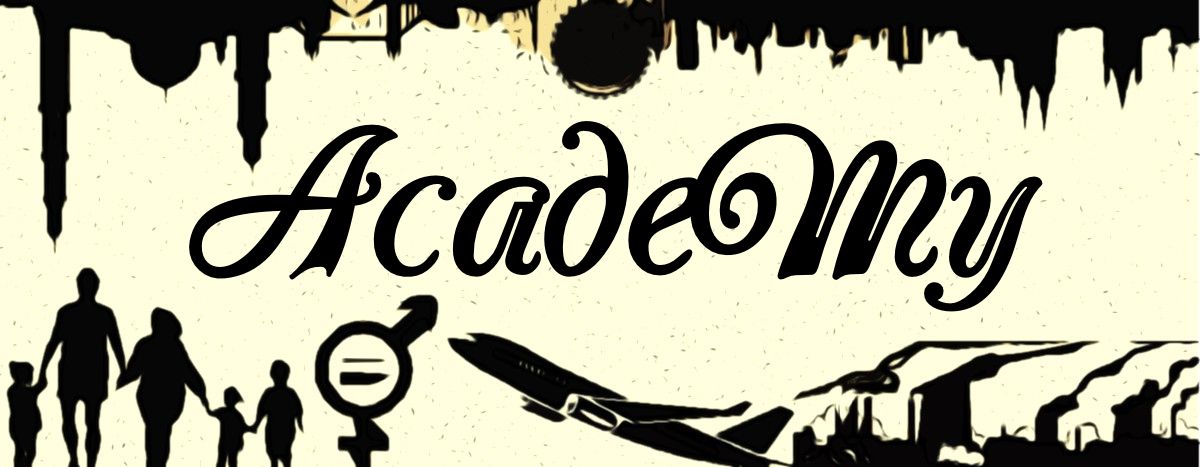
AcadeMy
Published on
Translation by:
 Bettina S.
Bettina S.
Starting from 4 interviews conducted with the Jean Monnet Chairs of the Erasmus+ program of the European Union, Cafébabel sent its reporters on the ground to Barcelona, Belgrade, Istanbul and London. What for? To explore issues related topics such as environmental sustainability, EU enlargement, migration and gender equality.
AcadeMy is an impact-journalism project that brings together academic knowledge and journalistic writing. Through the combination of the voices of Jean Monnet Chairs, on the one hand, and the skills of Cafébabel reporters and civil society actors on the other one, the project casts a new light on societal issues of paramount importance.
In the context of AcadeMy Cafébabel sent its reporters to four cities in Europe and at the edges of the EU - Barcelona, Belgrade, Istanbul and London - to explore issues related to topics such as environmental sustainability, EU enlargement, migration and gender equality.
Each report will feature an exclusive video interview with a Jean Monnet Chair.
Barcelona: home sweet tourism
Barcelona is the European city with the highest level of fuel pollution deriving from cruise ships. According to Transport & Environment, a Brussels-based non-profit organisation, the Catalan capital ranks first in the not so exciting classify of cities with the highest emissions of sulfur oxide, nitrogen oxide and microparticles. The latter is only the latest bad news that needs to be added to a picture which sees the city already as a victim of mass tourism.
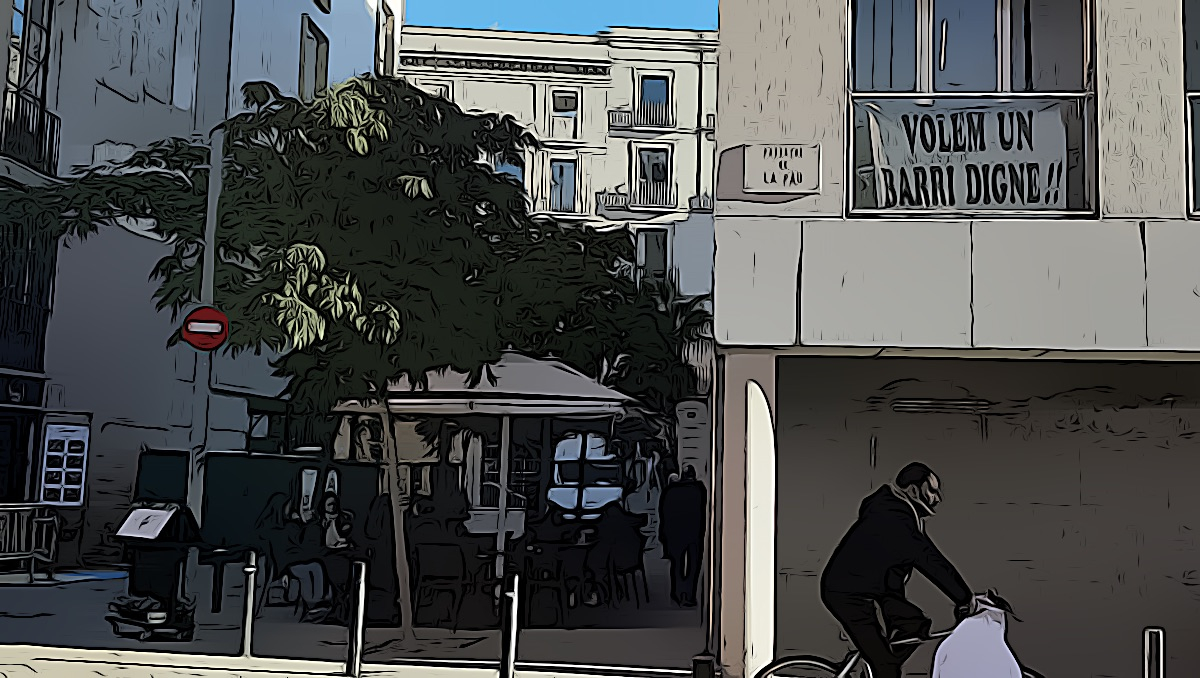
A lack of housing, forced relocation of residents from the historical centre towards the periphery, a breakdown on social relations. These are just some of the consequences of "overtourism" and the Airbnb-effect. The flow of cruise tourism, in this context, is perceived by the population as the most exhausting and less beneficial component of mass tourism.
London: Brexit's two-speed impact
Over the past few years, in the United Kingdom, public spending cuts and austerity policies have broken the legs of the integrated system for the defence of women's rights, both against domestic violence and, more generally, in favour gender equality on the workplace. In London, over the past seven years, domestic violence has increased by 63%.

European institutions have extensively funded women's associations and anti-violence offices in the UK. The loss of protection linked to Brexit could also lead to more significant discrimination in the workplace.
The Fatih neighbourhood in Istanbul: little Syria at the edges of Europe
The Fatih neighbourhood in Istanbul is "home" to a large number of Syrian refugees. According to official estimates, some 500,000 people have reached the place since the beginning of the Syrian civil war, back in 2011. Yet, unofficial estimates point at a figure of 1million immigrants.
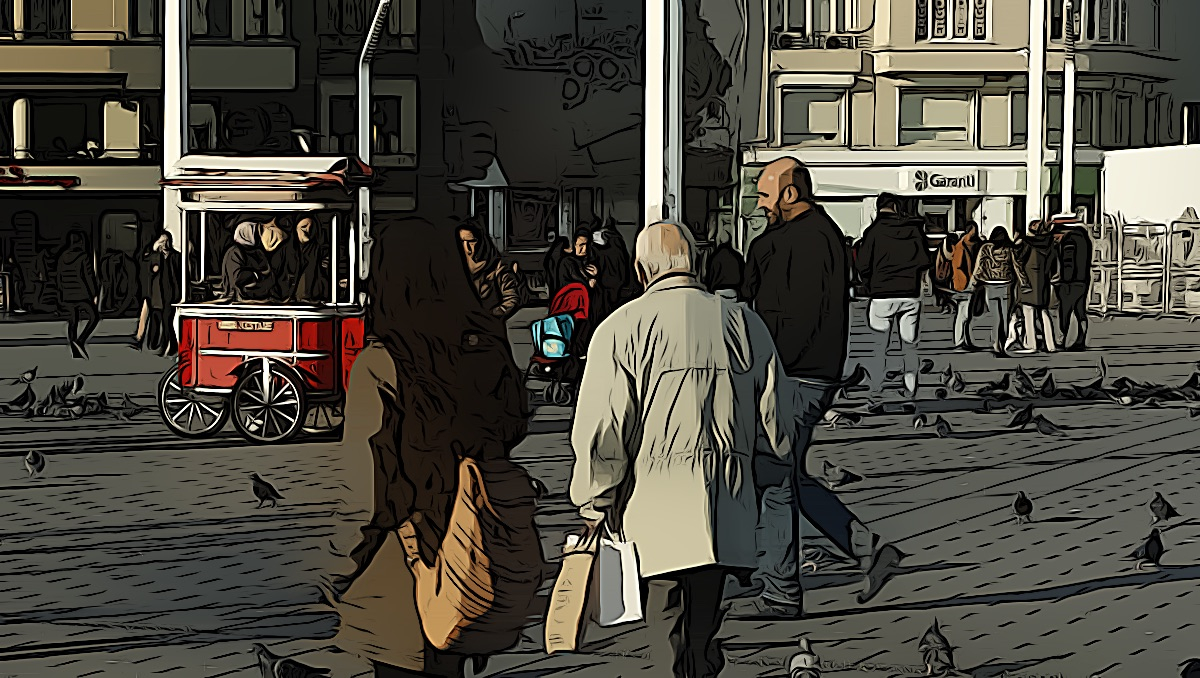
In August 2019, a slow process of relocation of Syrians from Istanbul to other cities in different parts of the country began. According to pundits, Erdogan's electoral defeat on the occasion of the latest municipal elections in Istanbul in 2019 is linked to the pitfalls of the regime in the management of migration policy.
Although the EU and Turkey signed an agreement back in March 2016 to halt the migration flow, departures from Syria never really stopped. More recently the Turkish population started to be reluctant to welcome new incoming Syrians.
Belgrade: a polluting reality
Serbia is one of the most worrying countries in Europe when it comes to air pollution. As a result, according to scientific data, the country's capital Belgrade appears to be one of the most polluted cities in the world.
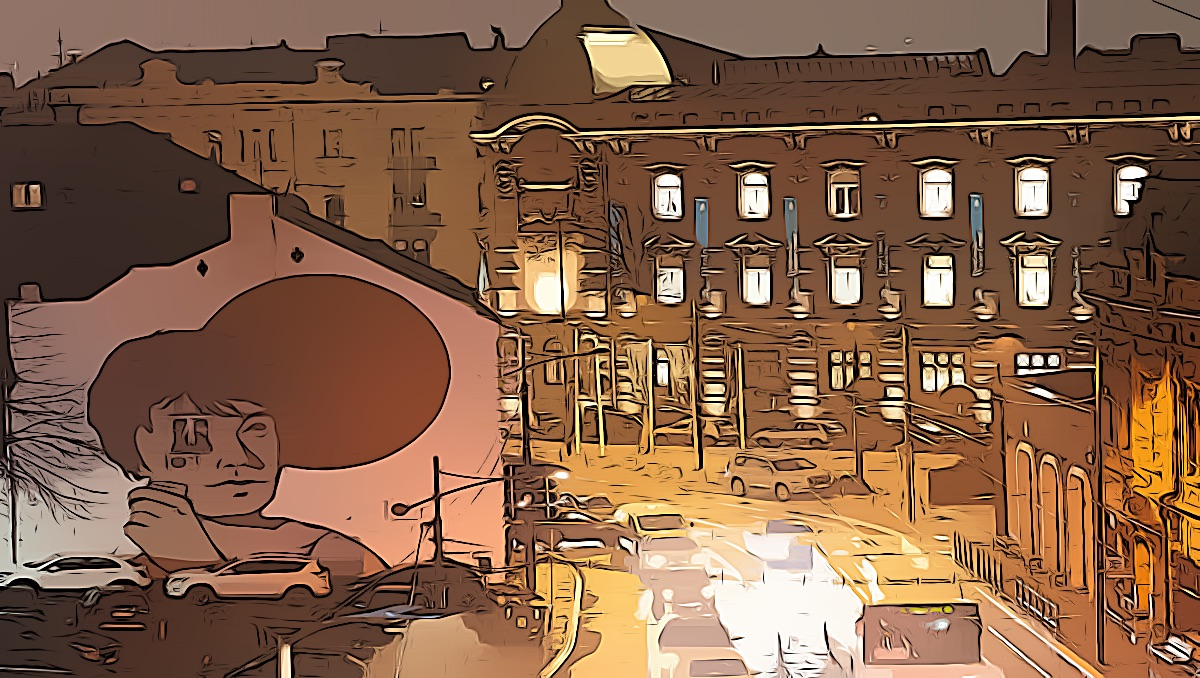
In this context, coal mines continue to be one of the pivotal problems as old industrial plants still cause significant damage to people's health. The country has not adopted a national environmental research plan, either. Also, the national government has made little progress on the "energy, environment and climate change" chapter, in the context of the EU-integration process. Nevertheless, the European Commission considers this chapter a vital element of the negotiation for Serbia's future integration into the EU.
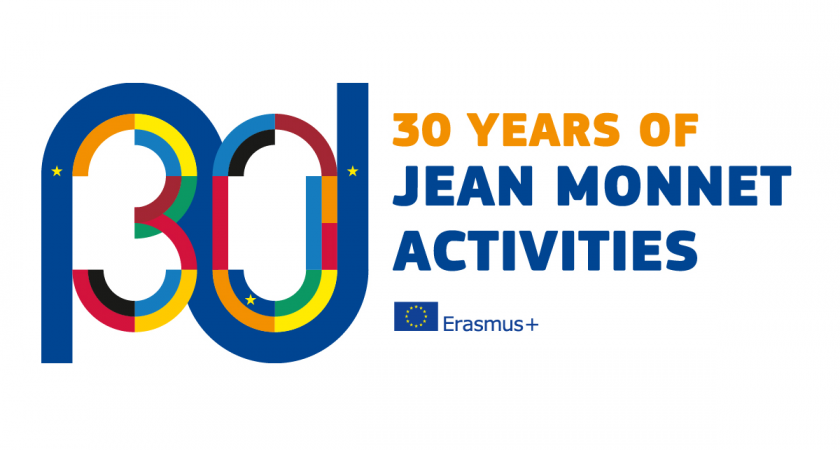
This series was produced with the support of the European Commission in the context of the celebrations of 30 years of the Jean Monnet program. The Jean Monnet action funds scientific research and teaching activities linked to the European Union. For more information about the objectives and role of the Jean Monnet program please visit the official website of the European Union.
Translated from AcadeMy: il progetto Cafébabel per i 30 anni dell'azione Jean Monnet


